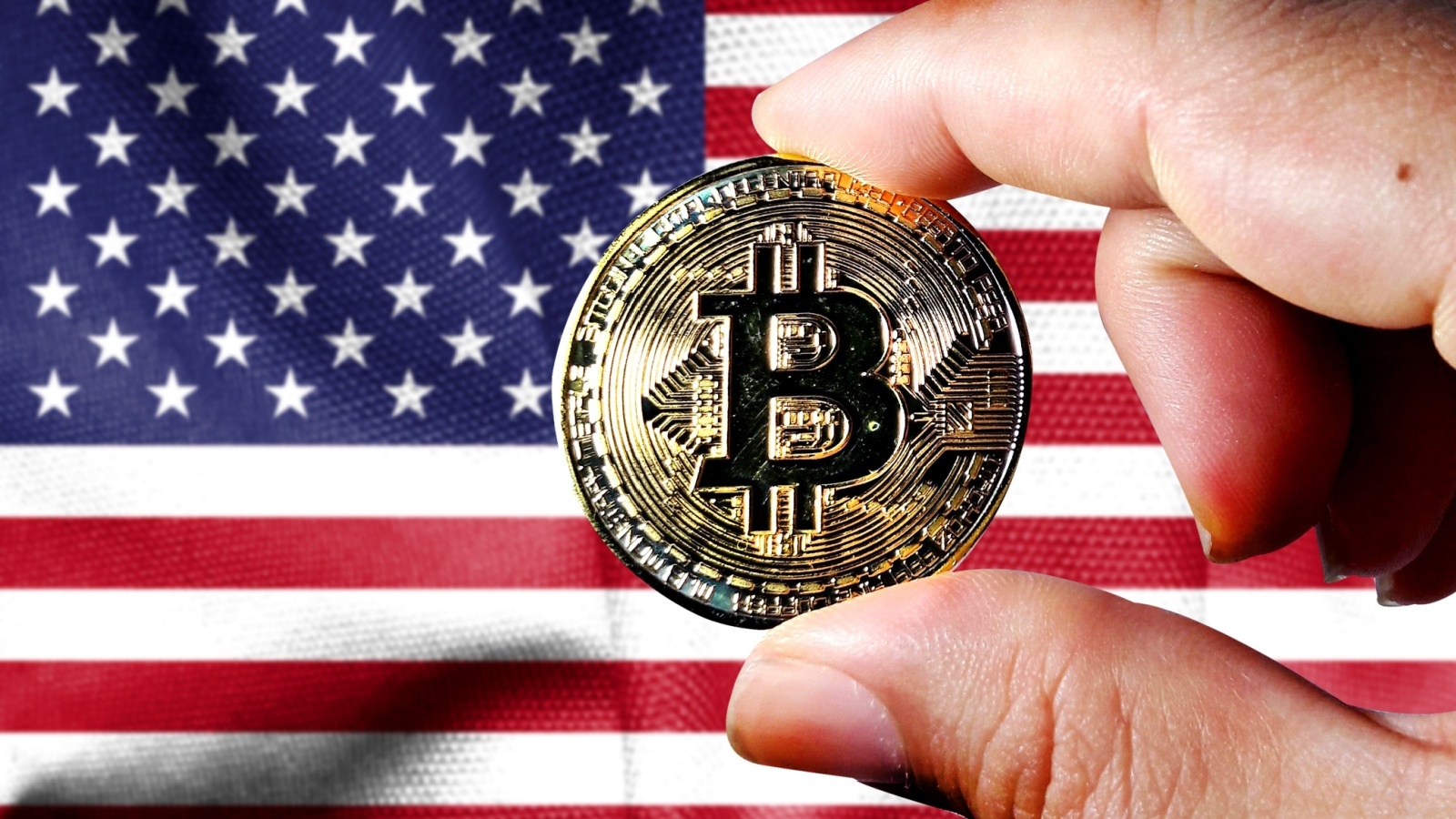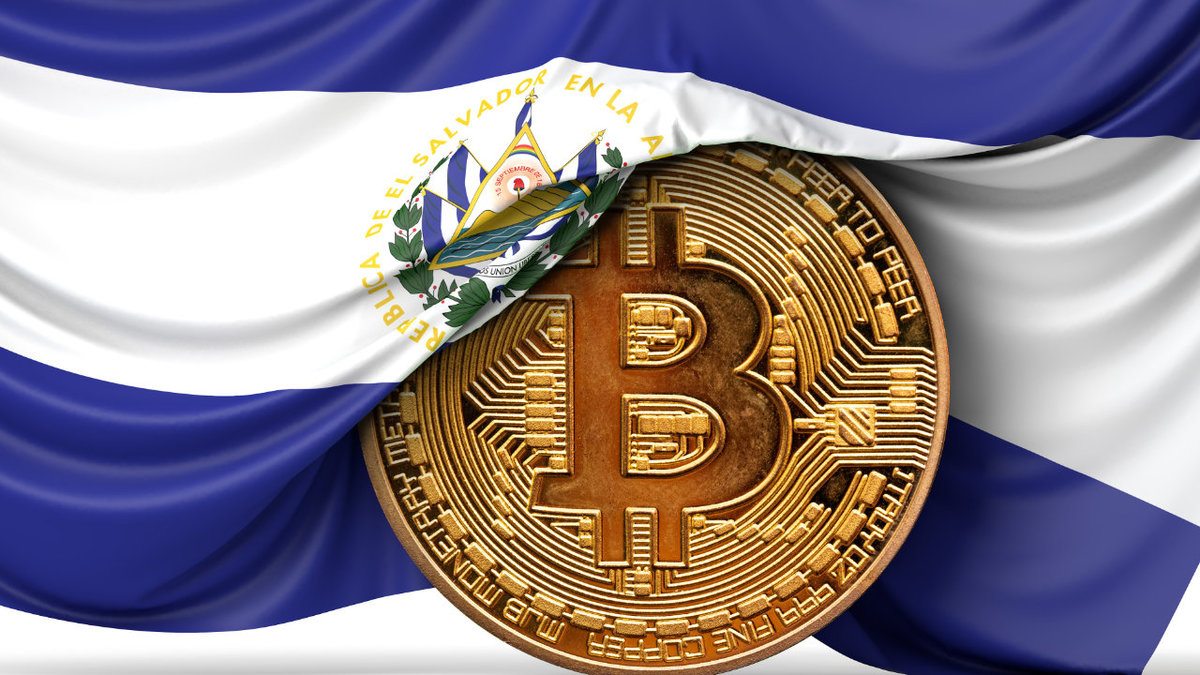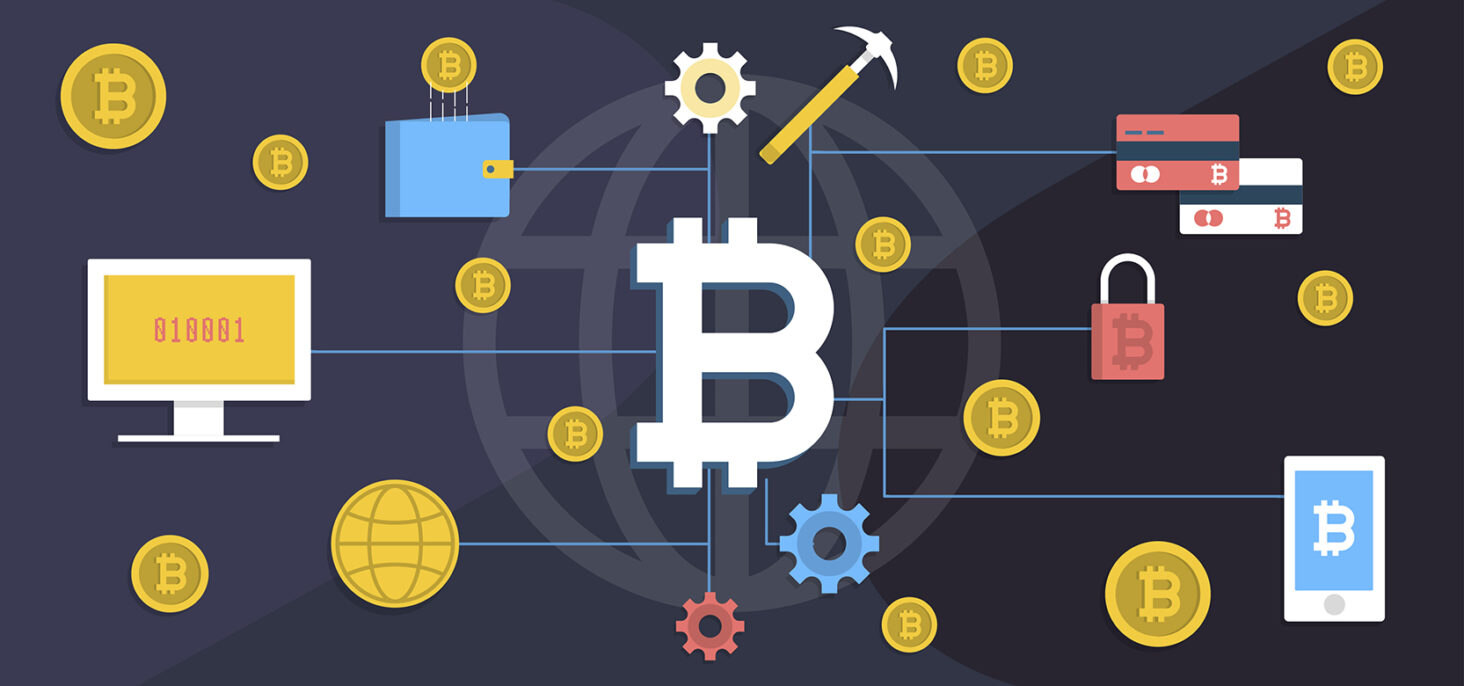Recent legislative initiatives have heightened interest in the idea of a Bitcoin Reserve Legal Issues Bitcoin Reserve by the United States government. Federal Reserve officials, however, have voiced concerns regarding such endeavors, pointing to institutional and legal limitations.
Constraints on Bitcoin Holdings
Federal Reserve Chair Jerome Powell has emphasized that the Federal Reserve Bitcoin Reserve Legal Issues Act legally prohibits the central bank from holding Bitcoin. This restriction underscores the Fed’s commitment to its traditional role in monetary policy and financial stability.
Encompass the acquisition or management of cryptocurrencies. Austan Goolsbee, President of the Federal Reserve Bank of Chicago, echoed Powell’s sentiments, highlighting the Fed’s legal limitations regarding asset holdings. Goolsbee’s comments reflect a broader institutional perspective that views the management of digital assets like Bitcoin as outside the Fed’s mandate.
National Bitcoin Reserve
Despite the Fed’s stance, legislative efforts are underway to create a national Bitcoin reserve. Senator Cynthia Lummis has introduced the BITCOIN Act of 2024, proposing that the U.S. government acquire one million Bitcoins over five years. The bill suggests that the Department of the Treasury purchase 200,000 Bitcoins annually until the target is reached, with the Bitcoins held for at least 20 years unless used to retire federal debt.

Proposal for a U.S. Bitcoin Reserve
Senator Cynthia Lummis’ BITCOIN Act of 2024 proposes that the U.S. government acquire one million Bitcoins over five years, despite these concerns. This concept allows the Treasury Department to buy 200,000 Bitcoins annually and store them for 20 years unless used to pay off federal debt.
Creating a national Bitcoin reserve would involve major regulatory changes and government collaboration. Bitcoin’s tremendous volatility, secure storage, and regulation are challenges. The BITCOIN Act might boost the country’s digital asset position but also increase Bitcoin’s reserve value risk.
Legal Concerns with the Bitcoin Reserve
Legal and regulatory obstacles are substantial when it comes to creating a national Bitcoin reserve. The Federal Reserve Act currently restricts the central bank’s ability to manage cryptocurrencies, as it forbids it to possess Bitcoin or any other digital asset. Furthermore, current banking regulations would need major revisions to incorporate Bitcoin into national reserves.

The purchase, storage, and use of Bitcoin as a reserve asset requires the establishment of transparent regulations by regulatory bodies such as the SEC and the Treasury Department. Since the government’s massive Bitcoin purchases could affect market prices and cause worries about possible manipulation, legal considerations also extend to market stability.
Creating a National Bitcoin Reserve
The establishment of a national Bitcoin reserve would require significant policy shifts and coordination among various government agencies. Challenges include addressing the extreme volatility of Bitcoin, ensuring secure storage, and determining the appropriate regulatory framework. Additionally, the Fed’s legal constraints would need to be reconsidered, potentially through legislative amendments.
The proposal of a national Bitcoin reserve under the BITCOIN Act of 2024 presents both potential benefits and challenges. On one hand, accumulating a large Bitcoin reserve could position the U.S. as a leader in the digital asset space, potentially benefiting from Bitcoin’s long-term appreciation. However, there are significant risks, such as Bitcoin’s inherent volatility, which could lead to large fluctuations in the value of the reserve.
Read More: Bitcoin Empowering Financial Independence in 2025
Conclusion
A national Bitcoin reserve is gaining support in some legislative circles, but Bitcoin Reserve Legal Issues Current legal structures prevent such an initiative, according to Fed officials. Continued debate weighs the benefits of diversifying national reserves against Federal Reserve legal and institutional limits. Recent legislative measures have raised interest in a US Bitcoin reserve. However, Federal Reserve officials, including Chair Jerome Powell, have expressed worries about the legal restrictions that preclude the Fed from keeping Bitcoin, underlining its commitment to traditional monetary policy and financial stability.









